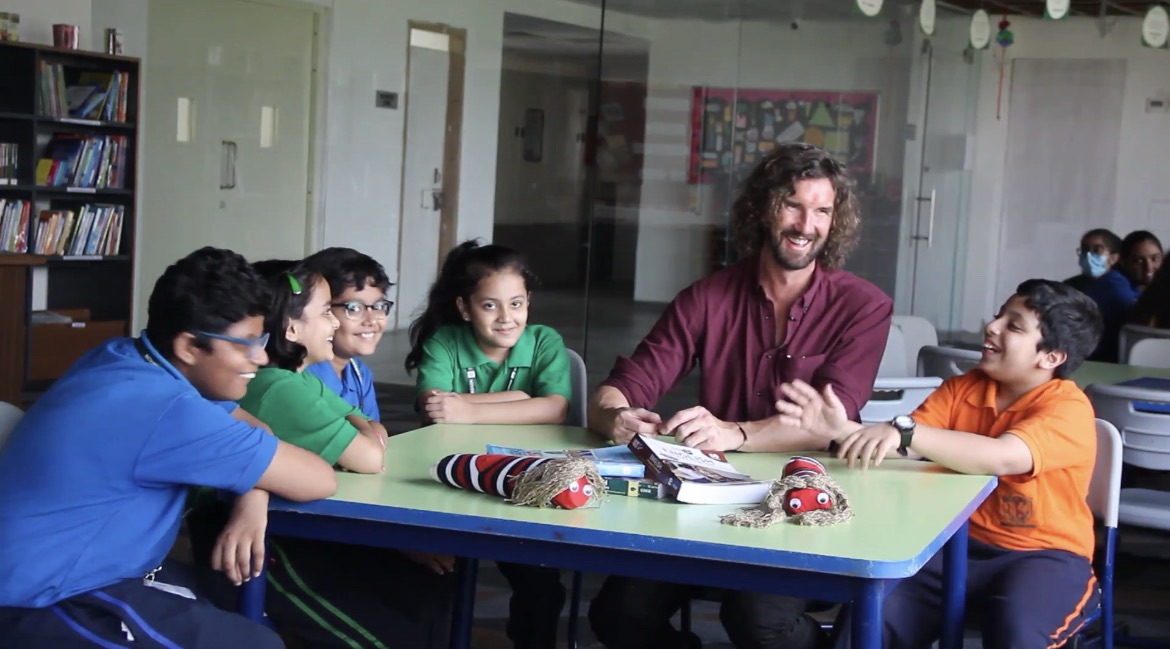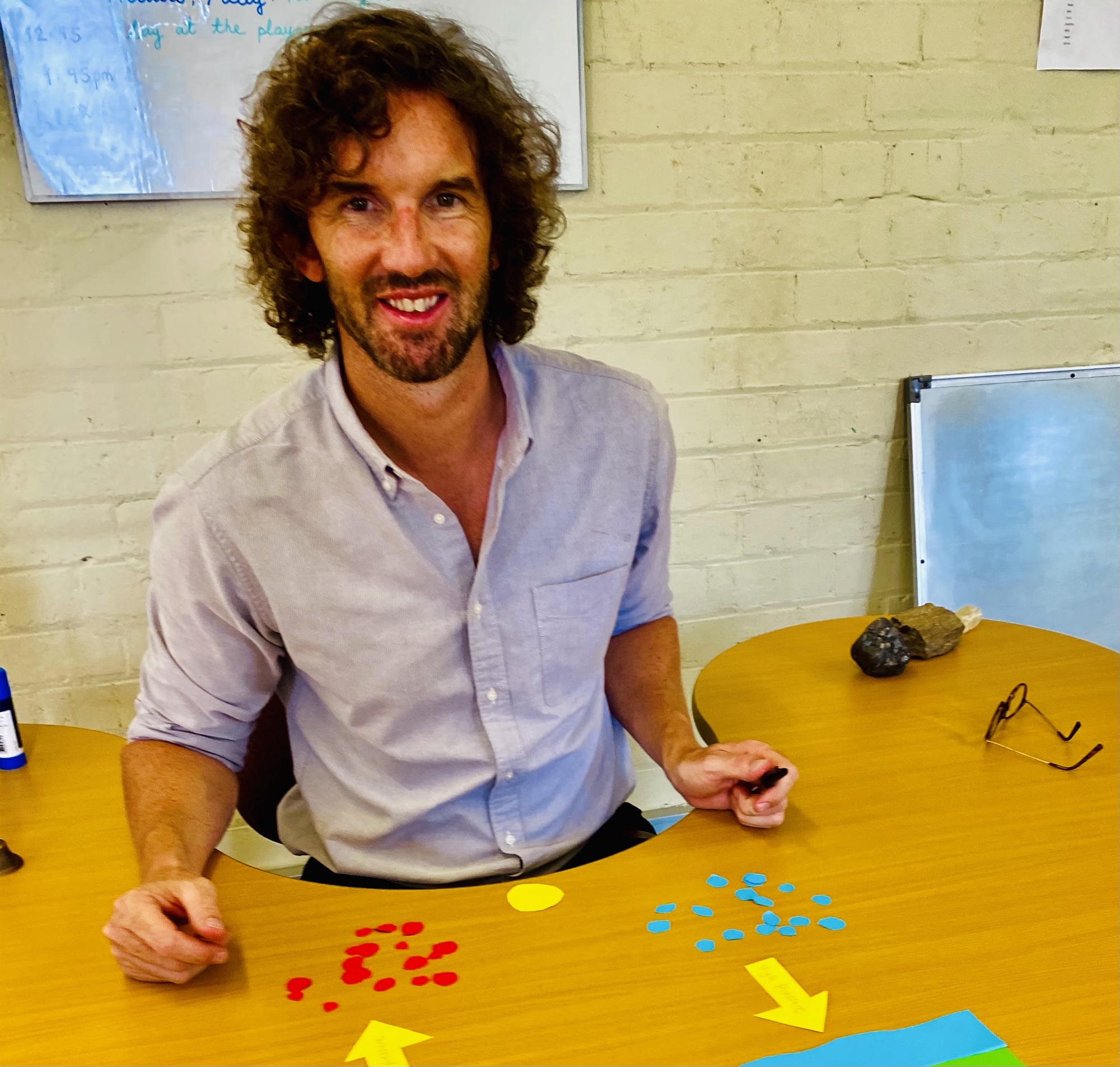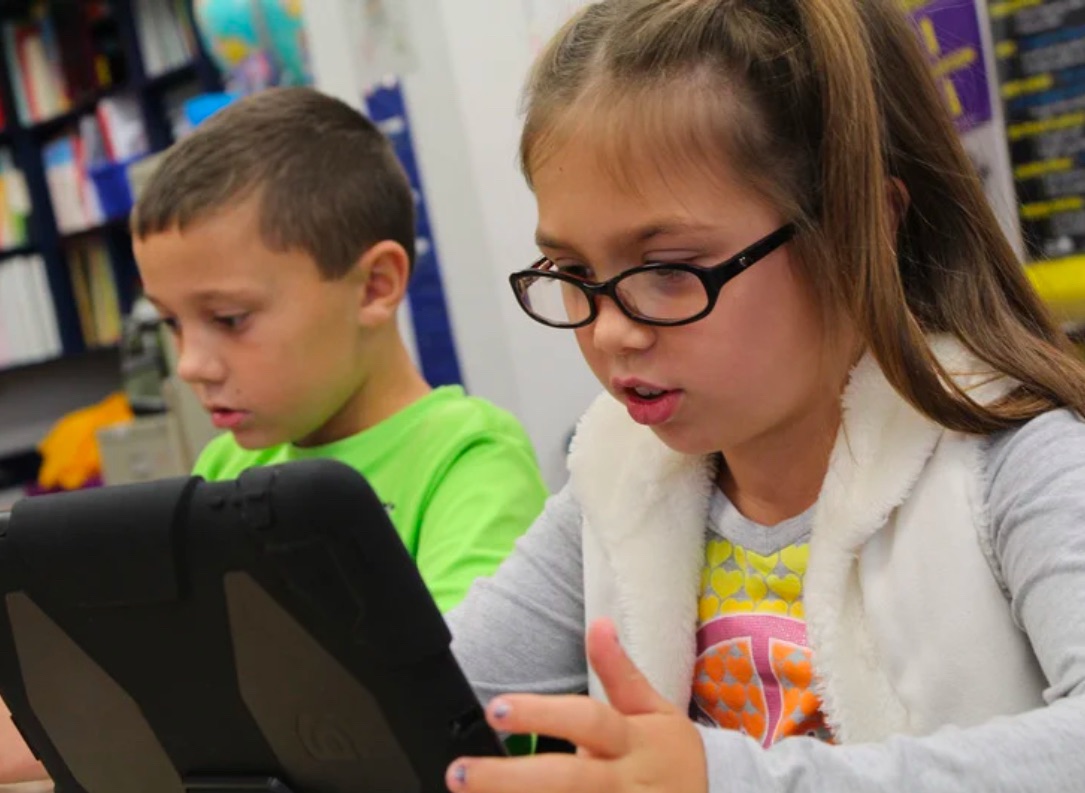During these times of uncertainly, it is difficult to predict what tomorrow will bring. But with countries around the world enforcing lock downs and school closures, the Montessori method of education may be your answer to developing a home education routine focused on independence and project based learning.
Here’s what you need to do to establish a home environment that will allow parents to continue to work from home, while their children learn alongside them.
1. Ask your school for a curriculum overview.
Your school should be able to provide you with a brief overview of the subjects that will be covered in the time-frame that school is set to be closed. This is called a scope and sequence. These topics are very broad but give parents a flow of where the work should be headed during the time the children are learning from home.

2. Make a designated learning space in your house.
Choose a corner in the house or somewhere quiet where you can setup a small table, some resources such as a laptop or iPad, some cardboard, scissors, etc, and explain to your child that during the hours of school, this will be the area in which they will conduct their work. (ie; not in bed, and not in front of the television) Make the space as much like school as you can and make sure that everything they need is accessible. (This way they will have fewer excuses to disturb you while you work from home, thus fostering independence.)

3. Have a daily meeting and set the boundaries and expectations.
Expectations are an absolute must. Firstly parents need to know the timetable from school and adhere to this at home. If lunch is at 12 at school, then lunch will be at 12 at home. If the children have 20 minutes of quiet reading before the afternoon session, allow it. Once you break the routine, you’re in trouble.
Inform the children of how the day will run each morning, set your expectations, your rules, and make sure that both the child and yourself know what is happening educationally throughout the day. A daily visual diary is a good idea. Both parents and children can plan this in the morning as a scheduled routine.
At the end of each day, make sure there is time for reflection and preparation for tomorrow. Is everything tidy and ready for another day of independent learning tomorrow?

4. Make sure you have an abundance of materials available to your child.
During times of home education, parents want their children to be as independent as possible. The more resources you have accessible to your children during the learning period, the less they will have to ask your permission to use certain items.
Provide your children with cardboard, paper, scissors, glue, colours, paint, etc, and set the limits and rules on the use of these during the day. A conversation with your child’s teacher regarding these items may be of benefit as some children are very particular about how they like to work and what materials they like to use.
Preparation is key if you want your children to be independent during this time.

5. Discuss the non-negotiables.
Children in school are expected to make sure that at least 45 minutes of both mathematics and English are included in any plan for the day. Parents should make sure that before any projects, creative arts or passion projects take place, at least 90 minutes of math/English have been completed. It is normal procedure to complete these subjects during the morning work cycle.
As much as possible, parents must stress the fact that during the expected times of work, children should not seek help from Mum or Dad. All tasks should be discussed before the day starts. “We all have work to do today, let’s meet during lunch to discuss what we have completed.”
6. Make a timetable.
Parents should ask school for a copy of the weekly timetable and try as much as possible to stick to this during the time of school closure. Students love routine and to break this can cause serious disruption. Good practice is to make sure that the weekly timetable is displayed in sight of the child’s work area and a clock is clearly visible to them.

7. Discuss options of what to do when your children don’t know what to do next.
In order for parents to be able to work whilst their children are at home, minimal interruptions and questions about what to do next are important. Parents should design a short list entitled ‘What to do when I don’t know what to do next’ and stick this on the wall.
This can include things such as:
• Read a book
• Listen to a podcast
• Illustrate your work
• Watch a documentary
• Write a story
8. Allow your children to have a break.
Even though adults are happy to work without a break for long periods, children need a break to rest, stretch, eat a snack or drink some water. Parents should make sure that these times are allocated in the daily plan and adhered to by the child. An egg timer is a wonderful way to police this. “You can have a ten minute break during the morning whenever you like, but you must use the egg timer and when the sand runs out, it’s back to work.”

9. Use technology to your advantage.
Technology allows our children to be engaged in ways they may not have explored before. Videos, blogs and articles are great ways to learn valuable facts and perhaps this can be the one time we turn a blind eye to how much screen time our children are having. You never know, they may develop a whole new set of skills.
Parents have a responsibility to make sure that all parental locks are activated and a serious conversation around appropriate viewing expectations should take place before any E-learning begins.

10. Encourage collaboration where possible.
If children have siblings who may be able to assist, parents should encourage group learning or options for collaboration where possible. FaceTime and Skype can also allow children to communicate with their peers and learn from each other where appropriate.

11. Make sure you read your children’s work, check it and provide positive feedback.
As parents discuss the expectations of each day, time must be made for feedback. If parents want children to feel that their hard work under strange and unfamiliar conditions is appreciated, children must be given a window of time to show you their completed work. Parents are advised to respond with positive feedback where possible but reinforce the expectations for the next day and how proud they are of their child’s ability to work independently and responsibly. This time usually falls at the close of the school day and not at the end of the business day.
Children love real-time feedback, so parents must make a window of time to sit with their child at 3pm and discuss the efforts and achievements of their children.

12. Finish the day by preparing for tomorrow.
Children must make sure that before the working day ends and the relaxation begins, they are ready for tomorrow.
This involves a written reflection of how they feel the day went and a good spring cleaning of their working space, to make it ready for another day of independent learning.

These times of uncertainly are surely testing, but if we setup a prepared environment for our children and clearly outline our expectations, we should see the independence in our children shine through.
Please let me know if you have any questions or if I can help in any way.










8 Responses
Lovely thoughts to make good use of time in a systematic way.
Lovely ideas of how to gain maximum and make good use of time in these days of stress and forced holiday.
If not possible to adher to all the point atleast we can give them workplace seperate where they need to follow the school timing and work towards their curriculum.
Quite frankly …dont get so formal HAVE A BALL AND MAKE IT WORTHWHILE AND FUN …connect with your kid and enjoy ..things dont have to be so serious all the time!!!!
It was worth reading.. I’m going to help my daughter through and help her with her studies.. she will not miss anything academically though she’s home in the meantime.. thanks lots.
As always, meticulously crafted with care and conviction!
Thank you Gavin….This is what we always need. As a parent cum Teacher we have to do many things. I will strictly adhere to these points so that my kid doesn’t miss anything..👍🙏🙏
Thank you for valuable tips. They will definitely help.